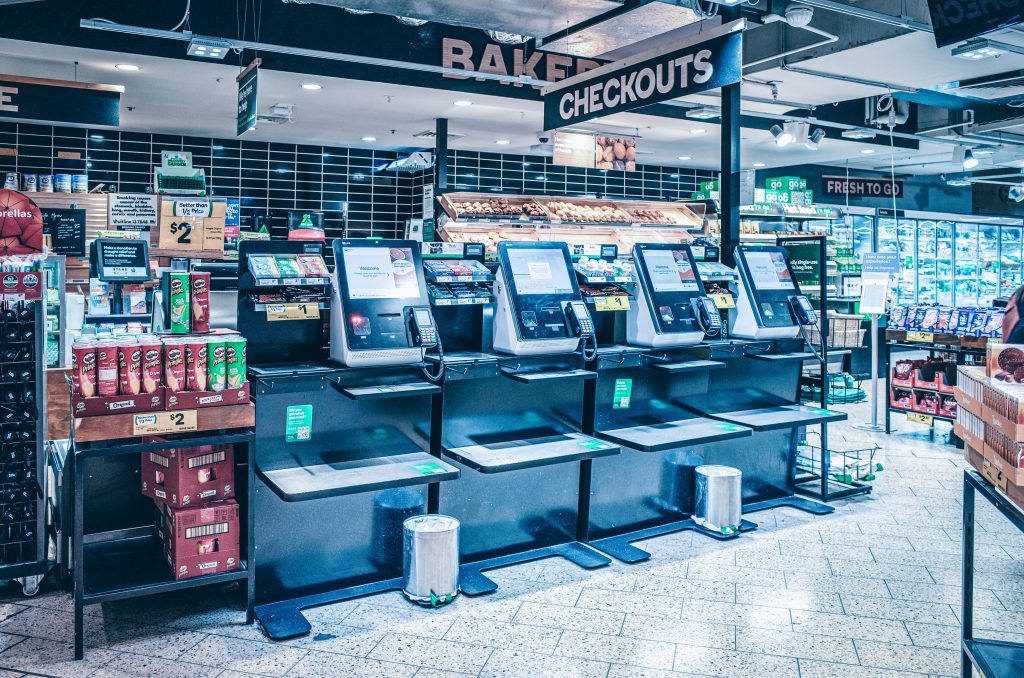For the first time, a US court has officially banned face recognition in the retail industry
Rite Aid, the company that used facial recognition technology to catch shoplifters, has been banned from using the technology for 5 years in response to a settlement of a complaint by the US Federal Trade Commission (FTC). The company was accused that its procedures for implementing and using face recognition technology harmed customers in hundreds of stores due to thousands of false positive detections and related conflicts.
For example, the system matched shoppers with people who were originally entered into the database in other regions and states, or tagged the same person in dozens of different stores across the United States, the complaint said.
The company was required to stop collecting biometric data entirely before implementing comprehensive measures to control potential risks from its use and prevent harm to retail visitors.
Moreover, Rite Aid is obliged to delete all collected biometric and personal data about visitors, create a system to protect personal data of visitors from possible leaks and theft, as well as in the future to warn visitors to its stores about the use of facial recognition technology.
Rite Aid is now going through bankruptcy procedures, but a precedent has undoubtedly occurred, and the future of commercial use of face recognition in retail is still hazy.






